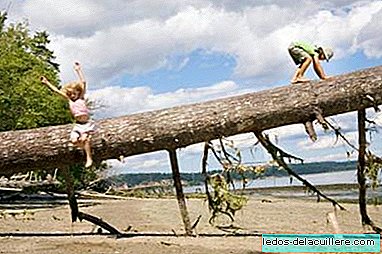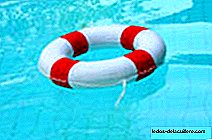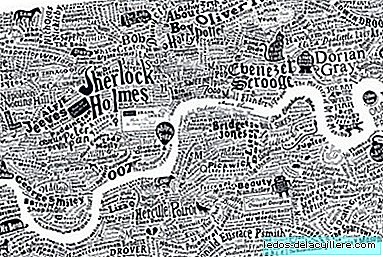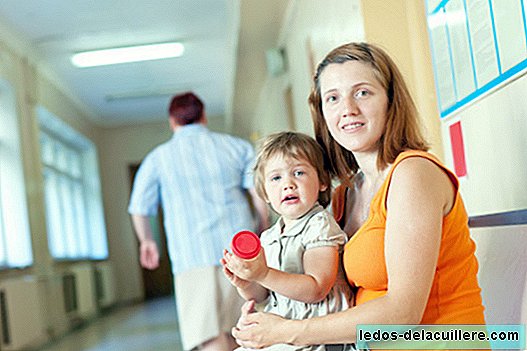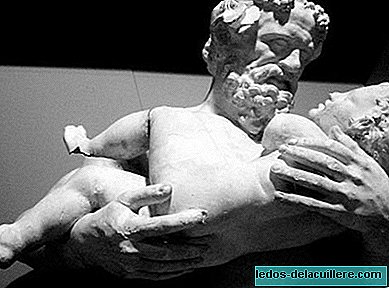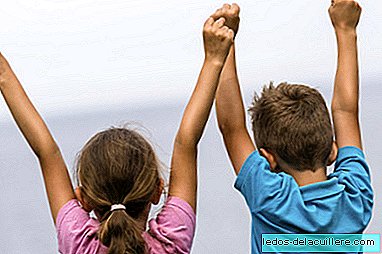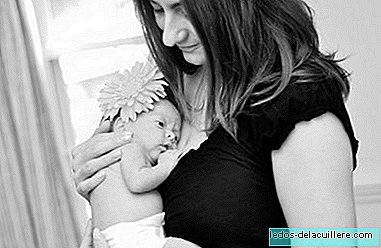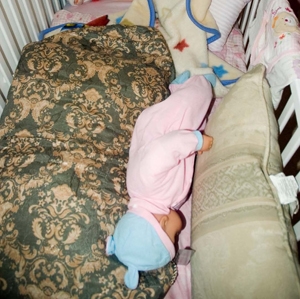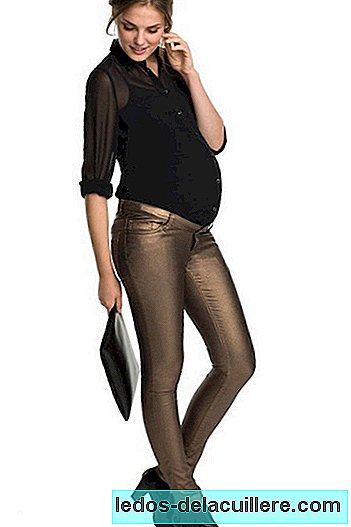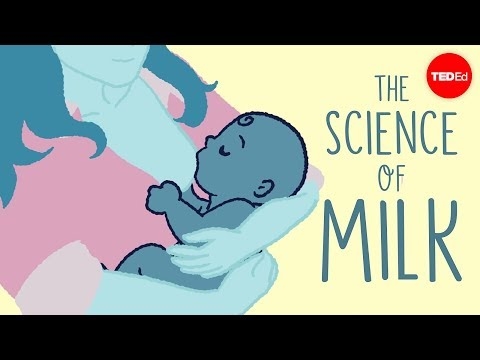One of the things that surprised me the most when, a few years ago, a catastrophe occurred in Gaza (one of many that scourge the world every so often) was that it was requested that artificial milk not be sent to babies. "But if they are in a situation of crisis and famine, it will save many lives!" I thought.
What I thought is, sure, the same that many will be thinking now when reading that the Government of Nepal (You will know that they were victims of an earthquake that has left them in a dramatic situation) has requested, through an official statement, not to be sent artificial milk or baby food for up to 2 years. Why? Right now I comment on this statement and you will understand the reasons.
The statement was made public a little over a week ago and is running through the network in order to prevent any brand of artificial milk and baby food, that any NGOs and that no one with good intentions send baby food.
It is estimated that there are already more than 8,000 victims of the earthquake and about 1.5 million people in need of food, including babies. Obviously, every possible help is requested for these people, but not for babies, and it is not that they do not want to save their lives, but quite the opposite: they do it to save their lives.
As explained in this statement, babies and children up to 2 years are the worst unemployed in emergency situations and natural disasters. Mortality increases because of infectious diseases that they cannot overcome and because of diarrhea, which leaves them terribly dehydrated and malnourished. Given this situation, the ideal is to ensure that they are well fed and hydrated and away from the sources of infection. Therefore In such a situation, breastfeeding is advocated as an ideal food.
Breastfeeding because it is better?
Yes and no. Yes, of course it is better and clear that in such a situation the ideal is breast milk, but in case the baby is in danger, why not give artificial milk? In an emergency, obviously, if there is no human milk, the baby is given artificial milk, but it is done in a controlled manner, in a place where the health of the water and the bottles can be ensured. The mothers They should not receive artificial milk or baby food because they have no way to prepare it and give it to children without putting them at risk.
It is often thought that in such a situation of stress and poor diet, mothers will not be able to breastfeed their children. To help them and help all babies, with good intentions (or perhaps not with good intentions, because years ago manufacturers were asked to send it in boats without labels, so that the manufacturer was not known and there was no hidden advertising and these rejected that possibility in plan "or the brand is clear, or I don't send anything"), we tend to donate infant formulas, other dairy products and baby food. The reality is that stress can affect the flow of breast milk, but not production, and the flow is restored as soon as mother and baby have a moment and a space to be together (If that were not the case, if breast milk depended on the total well-being of the mothers, probably none would be here and we would have already become extinct), feeling clothed and safe.
As for the quality of milk, it is known that the milk of a malnourished woman can perfectly feed her baby, but to avoid such a situation, so that mothers can take good care of their babies, they must receive food and liquids that protect their health and well-being and thus, from rebound, children are also protected. Come on, in fact, it is the mothers who need food and water to have proper nutrition.
They always get too much
As they explain, in emergency situations too many baby products arrive, and they end up putting them at risk because, as we said, mothers often do not have access to drinking water or have no way to properly clean the utensils with which to prepare and give food to the baby. It is not that they do not accept these foods, if they are accepted in a controlled manner, the problem is that they often arrive without having been requested, without any control by the recipient. Those who do take, those who do, are those who use to feed babies who are in an exceptional situation, who cannot or should not be breastfed. These babies, under strict control and supervision of hygienic conditions, are fed artificial milk.
If they did not do so ...
If they did not do so, if they allowed mothers access to powdered milk and baby food, many mothers who could breastfeed their babies would choose to feed their babies with such food ("those in rich countries send us this to help our babies, what kind people! We can't ignore this help "). This would put your children at risk of infection and diarrhea.
In addition, it is inadmissible for brands to take advantage of situations like this to try to promote products, so the government warns that there will be no posters or notices that such food will be administered. In case babies really need it, health or community workers will be in charge of clearly explaining to parents how they should give it to their babies and what are the terrible risks of misuse.
So what they are doing is trying to offer mothers protection so they can properly care for and feed their children, ask for help from qualified or volunteer staff to support mothers and help them as they need and offer them help in managing possible problems of breastfeeding with the goal of get the maximum number of babies to breastfeed. If this is not possible or when babies do not have their mothers, try other ways to breastfeed babies, such as through a nurse.
That is why, from the Government of Nepal, they ask everyone involved in the financing, planning and execution of the emergency response to take this into account, that the main thing for babies, right now, is that they receive breast milk from their mothers and therefore that do not devote resources to sending baby food in greater quantity than required by themselves.
Do brands really send milk for promotion?
Yes, of course they do. I don't know if all, a minority or a majority, but they do, and it's not something now. They have been with it for decades and only the Breastfeeding Substitutes Code, written in 1981, managed to mitigate a little the devastating effect that artificial milk was having on babies, with million deaths each year as a result of dehydration, malnutrition and infections.
Why do they do something like that? Easy: how many babies are born each year in those countries? Millions. That's why they don't do it just in case of catastrophe, but always. They try to get anywhere, with gifts, hoaxes and everything they can do in order to get parents to buy artificial milk, even when a can supposes much of the money they have. For many years the samples reached the professionals who, in many cases, when they did not have a clear solution to a breastfeeding problem, gave samples, bottles, teats and everything necessary to the mothers to give babies a supplement. The mothers, seeing that the solution of the doctors to their problem was a can of milk, considered that it was a feasible and desirable solution ("if the doctor gives it to me, it will be good") and ended up giving artificial milk to their sons. Without drinking water many times, with no way to heat the water, without being able to clean the bottles well and without means to buy more (and making each can last longer than recommended, giving watery milk), Children have been malnourished and dying for many years because of the desire to earn money from multinational artificial milk manufacturers.
This is not said, of course, from the Government of Nepal. I say this because it is outrageous: nobody, neither mothers nor doctors should ever receive any type of artificial milk sample (and yet we receive them). In fact, we should not even receive visits from commercials of artificial milk and my Primary Care Center often come. And if here in the first world shouldn't happen, imagine in the third world, where being breastfed or can't make the difference between living or dying.


